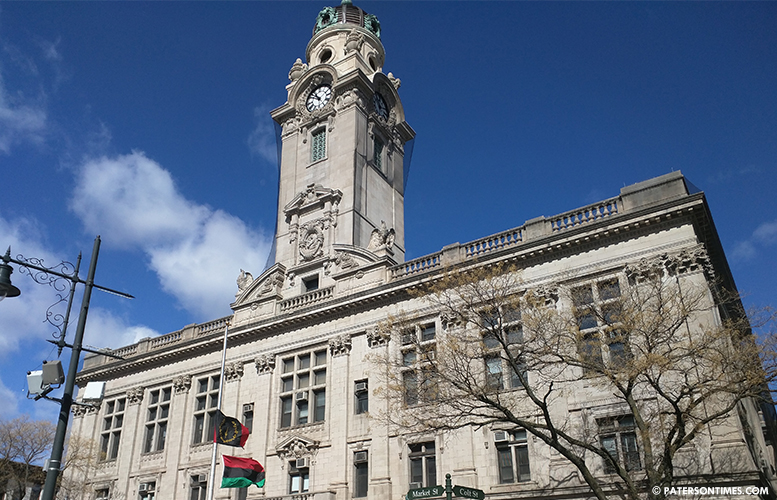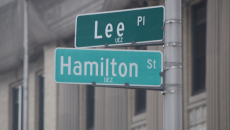After rejecting mayor Jose “Joey” Torres’ preliminary tax levy three times, the city council approved a reduced tax levy early Thursday morning to allow the administration to send out August tax bills.
Torres wanted a $149.73 million tax levy for the third and fourth quarters of 2016; however, council members rejected that amount in a 5-4 midnight vote citing lack of planning and creativity on the part of the administration to increase revenue without taxing homeowners every year.
Seeing the majority of the council members found the mayor’s preliminary tax levy unreasonable, Kenneth Morris, councilman at-large, chairman of the finance committee, proposed to amend the measure and reduce the levy by $2 million.
Morris amended the resolution to set the tax levy to $147.73 million.
Business administrator Nellie Pou said the reduced tax levy will not provide sufficient cash flow for the city.
“If we approve the levy as presented there’s no compelling reason for the administration to look to cut costs. This motivates them sufficiently to find additional costs that can be cut,” said Morris.
Morris said the administration would have had no preliminary tax levy to send out delayed tax bills for August which would create a far worse cash flow problem. After the council initially rejected the levy, Pou stated the city would have to borrow money to cover expenses as the municipal treasury is empty of funds.
“If you don’t have sufficient cash flow, what do you do? You cut expenses so that you do have sufficient cash flow to pay down debt,” said Morris.
“I could work with that,” said Luis Velez, 5th Ward councilman, who voted against the original tax levy.
Michael Jackson, 1st Ward councilman, said the reduction will result in reduced services for residents. “When you consider the impact, a reduction in force is going to be a reduction in services,” he said.
The business administrator said the city is looking to cut overtime spending by half. Department directors have been told to identify employees for a reduction in force. There’s also plans for a possible furlough.
Pou said the city is also looking to reduce garbage collection to once a week to save money.
Jackson said the $2 million reduction is more than the 5-percent the city is allowed to cut. Morris said the city can cut more than 5-percent, it just needs the approval of the New Jersey Department of Community Affairs (DCA).
Pou indicated the state is not likely to approve the reduced levy. In a letter to the council president and the mayor, Timothy Cunningham, director of the DCA’s division of local government services, wrote: “I cannot approve a tax levy that results in negative cashflow.”
Cunningham’s letter states that the division will refrain from telling the city what should be the appropriate tax levy adding “there must be continued and ongoing discussions among council members as to how to best balance revenues and expense.”
Morris told the business administrator she has to make the case to the division and obtain the needed approvals to start sending out the tax bills based on the reduced levy.
Not all council members supported Morris’ reduced levy. Some said the mayor lacks vision and plan to build a prosperous city.
“It all begins and ends with a vision. I don’t see that coming from this administration,” said Sayegh. “Where’s the plan? This is a city that was built on a plan. You keep telling us to raise taxes how are we raising revenue? Where’s the new streams of revenue?”
Council president William McKoy suggested the mayor present his plan for economic development to the public and council members.
Sayegh, Shahin Khalique, and Alex Mendez voted against the tax levy while Morris, Jackson, Ruby Cotton, Maritza Davila, Velez, and McKoy voted in favor at 1 a.m.
“It will be a real challenge working this through,” said the council president. Without an approved tax levy the city would have had to borrow money at heavy interest rates to fund government.
Pou said she will submit the reduced levy to the state for approval so that August tax bills can be sent out and revenue begins to flow into the city’s treasury.
Email: [email protected]



